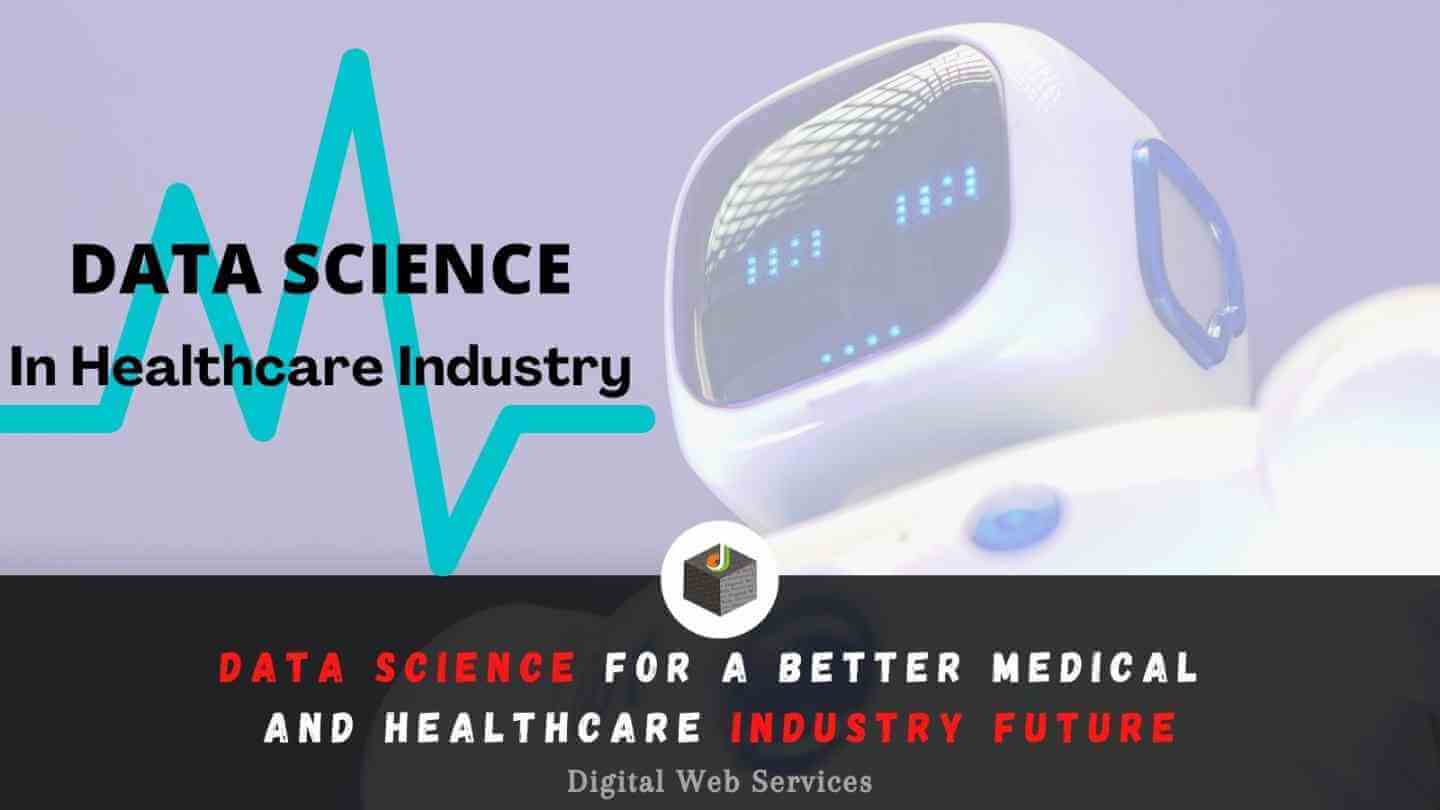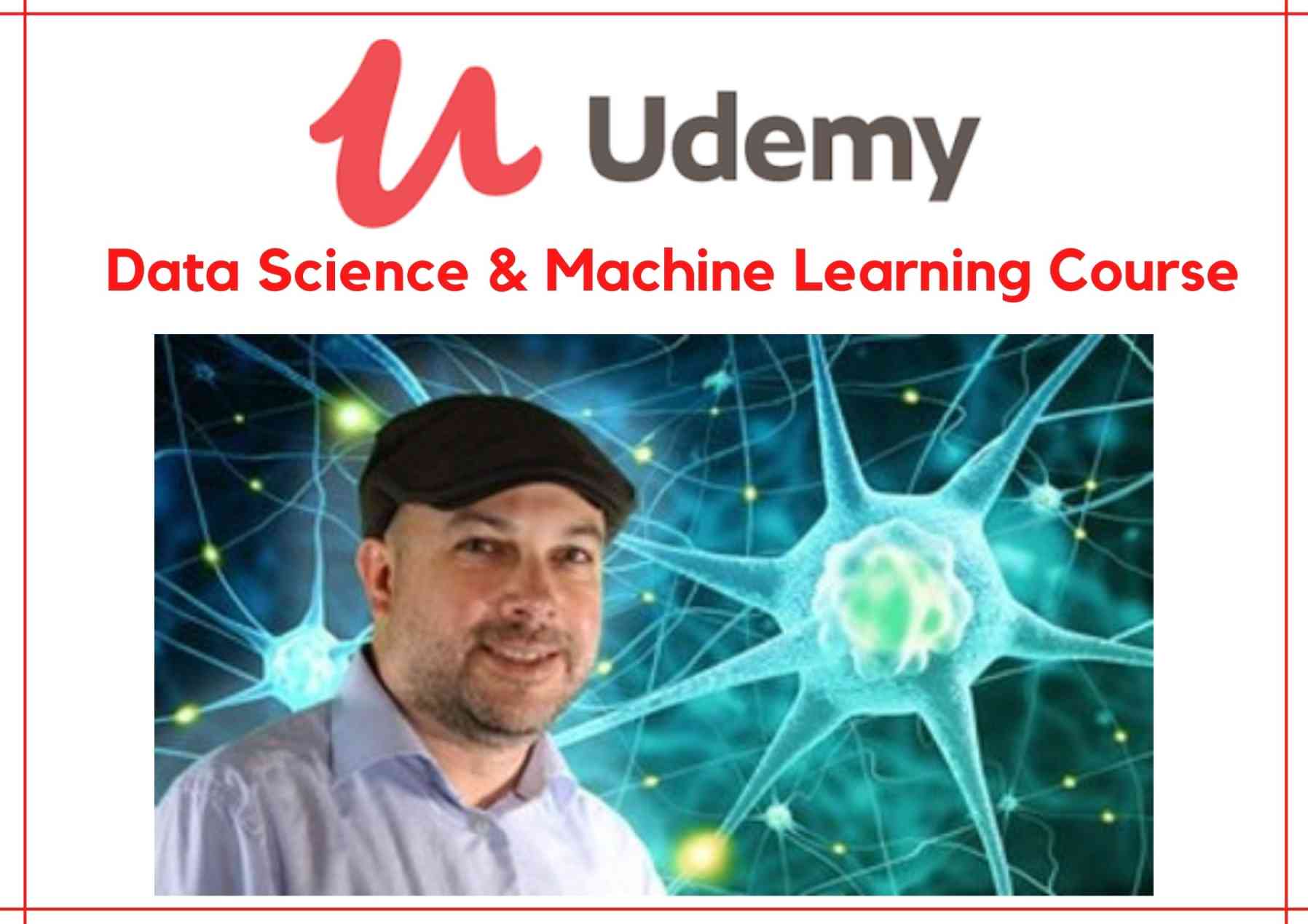
Data Science has ushered in a revolution across most industries, helping uncover insights from historical data to make accurate and automated predictions, create efficiencies, cut costs and achieve business goals in short times.
One of the emerging areas of data science applications is in healthcare.
Although Data Science is yet to be adopted on a large scale, it is because of the lack of awareness of the myriad applications and knowledge of the healthcare domain and the shortage in the supply of qualified data scientists.
If you like using data while creating a positive impact on society and earning good money, then take a data science course and carve a career as a data scientist in the healthcare industry.
How Data Science is Shaping Healthcare Industry
The healthcare sector has access to high volumes of health-related information from hospitals, healthcare companies, clinics, scientists, doctors, and diagnostic laboratories to wearable devices. They want to use this data to harness insights and shape advances in patient diagnosis, care, and treatment.
Here are some of the following ways the healthcare industry uses Data Science and machine learning to revolutionize healthcare:
Using wearable data to monitor and prevent health problems
With advances in IoT technology, wearable devices can collect patient data about sleep patterns, heart rate, blood glucose, brain activity, and stress levels. This is pushing the boundaries in health innovation and monitoring with Quantified Health, an innovative concept that analyzes data directly from wearable devices, apps, and sensors in real-time.
Machine Learning algorithms help detect changes in conditions like heart rate and breathing patterns for early diagnosis and timely alerts.
Risky conditions like respiratory diseases, hypertension, cardiac problems, and diabetes are detected for early response. This supports preventive and timely health management to save lives.
Furthermore, self-learning algorithms iterate to improve preventive health, as the systems extract more and more patient data.
Medical Image Analytics for Diagnosis
Medical Imaging Analytics is a revolutionary application of Data Science.
Images from X-rays, MRIs, etc., are scanned for minute microscopic deformities. With Deep Learning techniques in Data Science, we can help identify patterns and spot anomalies for more accurate medical diagnoses.
Specific strands of bacteria can also be detected, for speedy, error-free, and automated bacteria identification processes.
Data Science for Post-Surgery Monitoring
Post-surgery care of patients is another critical but neglected aspect that concerns healthcare and insurance companies.
Once the patient leaves the hospital and is away from medical supervision, he may be at risk of post-surgery or caregiving complications. Any deviation in the condition is not known for doctors to act upon on time.
However, remote post-surgery monitoring helps doctors monitor the patient’s health using monitoring software. Data Science-driven analyses extract insights from wearable and home devices for timely alerts and action.
Data Science for Drug Discovery
Drug Discovery is the hottest application of Data Science in healthcare.
The cost of drug development is very high and time-consuming, with delays often impeding solutions, as we witnessed in the case of the recent pandemic. Herein, Data Science and Machine Learning techniques boost the drug discovery processes with automated extraction of information from scientific journals and patient data to arrive at valuable correlations, drive research, and facilitate R&D strategies. Data Science algorithms can simulate how drugs act upon the human body, thus doing away with lengthy processes of laboratory research.
For accessing and discovering insights from Electronic Health Records
Electronic Health Records (EHRs) are stored in digital format and shared among various stakeholders.
Using Data Science and Natural Language Processing (NLP) technology, structured and unstructured records can be accessed from electronic systems for analysis and summarizing the information. This not only enables hospitals and doctors to offer a higher quality of healthcare but also supports the sharing of user data among partners and stakeholders including Medical Insurance companies.
Predictive Diagnosis and Disease Prevention
Data Science leverages historical and current data, to identify patterns and make accurate predictions, correlate symptoms, recognize symptoms, design risk prevention plans and identify disease risks.
In spite of the vast data at disposal, the diagnosis failure rates are often high. Moreover, research shows that diagnostic errors may lead to patient deaths.
To improve diagnostic accuracy, Data Science is used to improve the accuracy of diagnostics. Deep learning algorithms read imaging data such as CT scans, etc., analyze it, and validate the same against the existing database of clinical and laboratory reports.
Advancing pharmaceutical research to find a cure for viruses and cancer
Ebola, Swine Flu, Corona, and other deadly viruses are dangerous as they can spread as pandemics affecting wide swathes of the population. So finding a line of diagnosis, treatment, and cure in the shortest possible curve is part of scientific research. The number and types of cancer also keep growing.
Healthcare startups dedicated to advanced pharmaceutical research are revolutionizing the drug market with extensive use of Data Science and Machine Learning algorithms. They extract and analyze biological samples from thousands of patients, feed them into the AI algorithm, and help identify the cells that cause the spread of a virus or cancer cells. This aids the process of removal of bad cells and helps discover the right drugs with minimal damage to the patient’s health. Such experiments are automated and algorithm-driven, cutting down the enormous time taken to produce virus-resistant treatment.
Leveraging precision medicine
Data Science and data preparation guide helps physicians make informed diagnoses and treatment of patients using historic data from treatment clinics, and patients’ EHR information like medical history and genetic information. This is leveraged for personalized treatments and is thus known as ‘precision medicine.
It helps doctors and the medical fraternity to discover symptoms, identify diseases, confirm a diagnosis, and offer personalized treatment to reduce death rates and adverse medical outcomes.
From EHR data analysis to genome sequencing, physicians are using Data Science to identify patterns in patient symptoms and build near-perfect patient profiles and undertake patient segmentation, for precise and customized treatments that are most likely to yield positive outcomes.
Reducing hospital readmissions to cut healthcare costs
Similar to other industries, digitization of data and automated processing can lead to substantial cost savings for healthcare companies and the government offering free healthcare.
Data Science-based preventative medicine leads to an overall reduction in healthcare costs, with timely diagnosis and treatment, efficient management of patient care, and more informed decisions.
Summary
With the proliferation of data and the emergence of numerous Data Science powered applications, the healthcare industry is increasingly implementing data-driven solutions to improve healthcare services. Data Scientists are extracting meaningful insights to enhance the efficiency of medical services and insurance providers, and provide quality treatment at a reasonable cost.
Digital Web Services (DWS) is a leading IT company specializing in Software Development, Web Application Development, Website Designing, and Digital Marketing. Here are providing all kinds of services and solutions for the digital transformation of any business and website.








